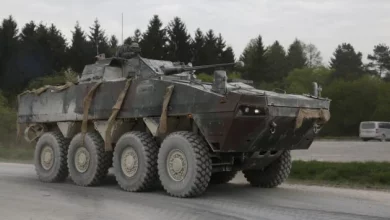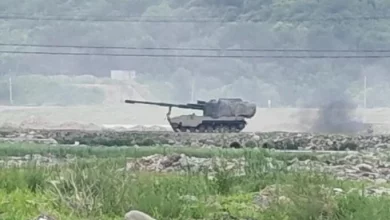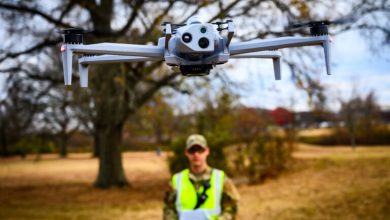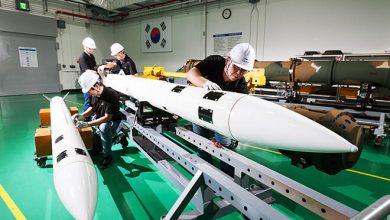Analysis: NATO bracing for a new security competition
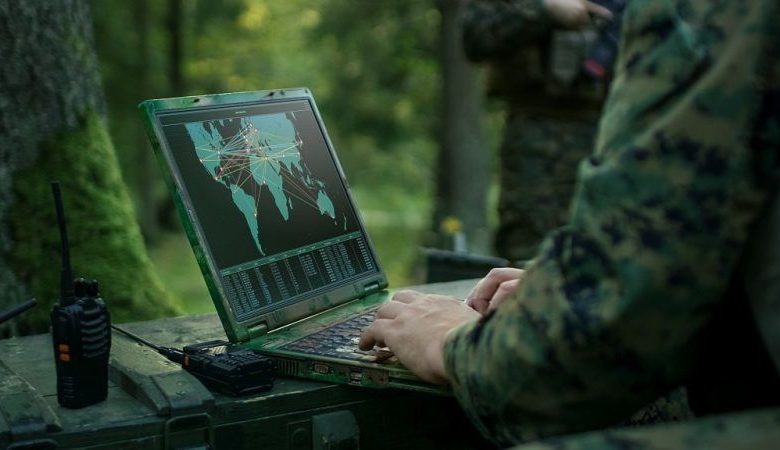
‘Transformative’ is how NATO’s Secretary-General Jens Stoltenberg described the alliance’s 2022 Madrid summit and rightly so.
Held soon after the fateful G-7 summit NATO’s Madrid summit in effect laid the groundwork for the security competition between the USA-led ‘democracies’ and the ‘authoritarian’ strategic competitors — China and Russia.
Unsurprisingly, the happenings in Ukraine topped the agenda, and to enable the beleaguered country ‘prevail as an independent state’, the NATO leadership promised ‘long-term support’ to Ukraine — which includes providing training to the Ukrainian military and supplying them with cutting-edge weapons systems.
Western leaders have been framing Ukraine as the new frontline in the clash between democracy and authoritarianism, and President Biden pledged during the summit to support Ukraine “as long as it takes”. Conversely, the leadership in Moscow has linked the security of Russia with the outcome of the war in Ukraine. The high stakes on both sides suggest that the tussle in Ukraine is unlikely to end anytime soon and would continue to fuel the security competition between Russia and the USA-led NATO.
Provided the context, it’s hardly surprising that NATO’s Strategic Concept 2022 describes Russia as the ‘most significant and direct threat’ to the alliance and has pledged to respond to the ‘hostile actions’ by Russia in a ‘united’ way.
Predictably, the USA — the only nation with a global military footprint — is in the vanguard once again. After sending 20,000 additional troops to Europe earlier, President Biden committed during the summit to establish a permanent headquarters of the US Fifth Army Corps in Poland and maintain 3,000 men strong additional rotational brigade and another 2,000 personnel combat team headquartered in Romania.
Moreover, POTUS announced to increase the number of Navy destroyers in Spain’s Rota Naval Base and send two additional F-35 squadrons to the UK, besides stationing additional air defense capabilities in Germany and Italy. Further, he announced to work towards strengthening USA-NATO interoperability along the alliance’s eastern flank bordering Russia.
Apart from the USA, European countries are also scrambling to redress their decades of underinvestment in defense. Days after the Russian invasion, German Chancellor Olaf Scholz announced to increase the defense spending above 2% of the GDP — a ceiling not touched in more than three decades.
Given Germany’s decades-long pacifist military posture aimed at shaking off the country’s aggressive military past, a commitment to such a significant raise — which also includes an instant allocation of €100 billion to modernize the country’s shabby armed forces — is indubitably a watershed for Germany’s military future.
Other European nations — most notably, Belgium, Romania, Italy, Poland, Norway, and Sweden — soon followed suit pledging to significantly increase their defense spending, and traditionally non-aligned Finland and Sweden underwent a fundamental policy transition to avail protection under NATO’s Article V, besides announcing a substantial increase in their military expenses.
Although Russia is categorized as a direct threat to NATO, the primary strategic challenge to the USA-led ‘democratic’ world is posed by an aggrandizing China.
Before the summit, NATO allies wrangled over how to address China in the strategic concept and finally settled on branding the world’s second-largest economy as posing ‘systemic challenges’ to Euro-Atlantic security. However, given the commercial façade of the West’s relationship with China — especially that of Germany and France — a balancing attempt was made by maintaining open the door for ‘constructive engagement’ with Beijing.
Likewise, NATO’s Strategic Concept categorizes the ‘deepening strategic partnership’ between China and Russia as ‘running counter’ to Western interests and values. Remarkably, in a first, the USA’s Pacific allies Japan, Australia, South Korea, and New Zealand were invited to attend a NATO summit, which is a testament to Washington’s stratagem to assemble a global coalition aimed at countering ’no limits’ partnership between China and Russia. The formation of opposing coalitions led or at least dominated by contesting superpowers provide the harbinger of what could be the new balance of power configuration with global latitude.


